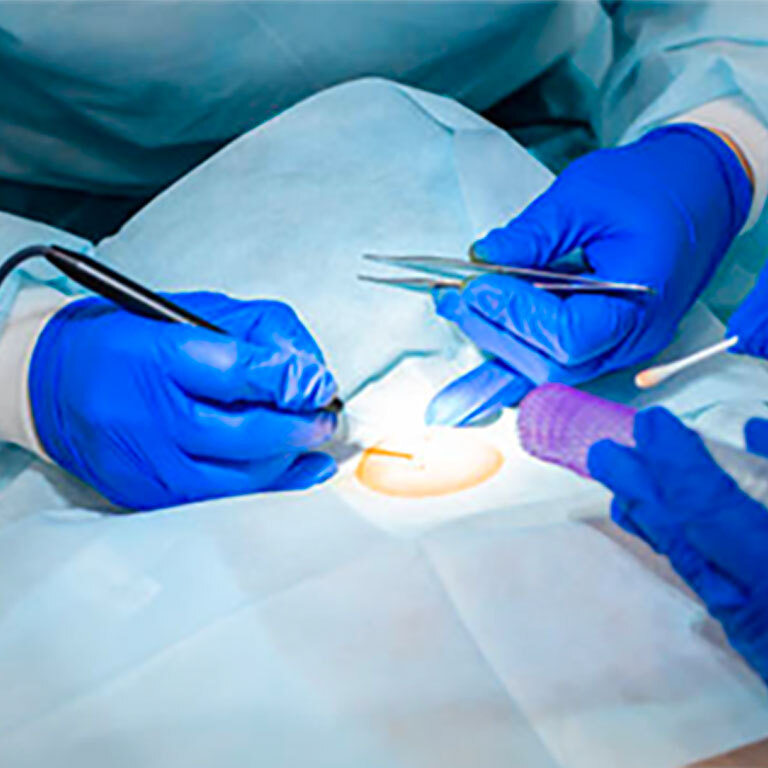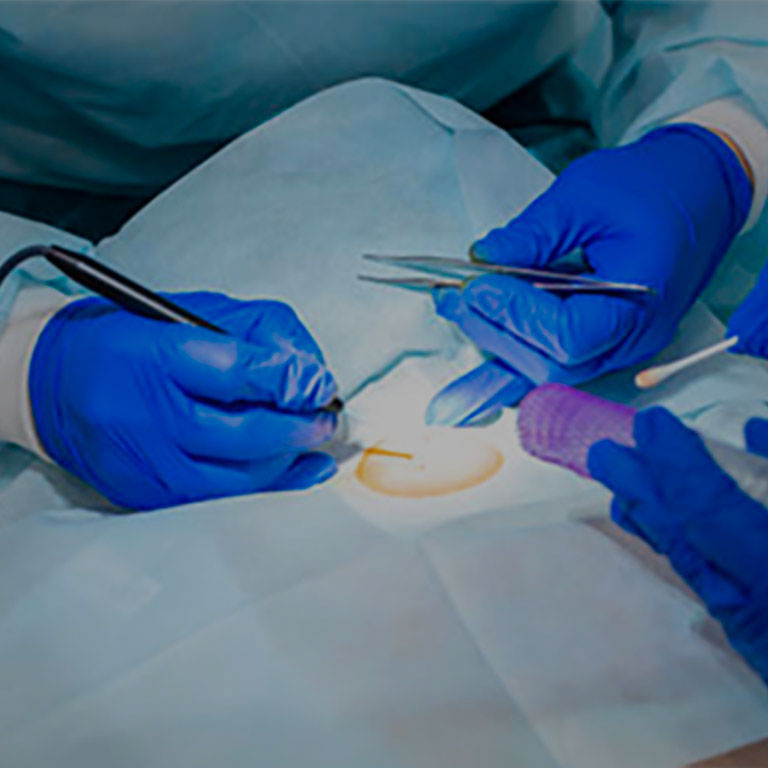Psoriasis
Psoriasis is an inflammatory skin condition causing you to develop red, flaky and crusty patches of skin, covered by silvery scales and is caused by over production of skin cells. This condition occurs mostly on elbows, knees, scalp and lower back and can be sore and itchy.
The normal process of skin cell production usually takes 3 to 4 weeks, but in the case of Psoriasis it tends to be accelerated to 3 to 7 days, causing the over production of cells. Although the condition is not fully understood, it is thought to be linked to the immune system.
A biopsy can be performed to identify the type of Psoriasis.
What brings on an attack?
Stress, pregnancy or illness, can result in bringing on an attack. Also, certain injuries to the skin or throat infections and certain medications are often diagnosed as a link to a flare up.
Treatment
Patients would initially be educated on how to take care of their skin and then started on topical treatments – these treatments come in the form of moisturises, i.e.creams and ointments as recommended by your consultant dermatologist. To reduce the thickness of the affected areas, treatment with Vitamin D, combined with topical steroids can be undertaken, but again under the advice of the consultant dermatologist.
Another option if the plaques are thick and widespread is PUVA (Psolaren with UVA) light treatment. This can be administered in tablet form or as a bath solution along with Ultra violet light. Narrow band UVB is sometime used if the Psoriasis is widespread but not very thick.
Systematic regimes – are designed to offer longer term control if the Psoriasis is persistent.
Injections – Biological injections may be offered if previous treatments have been ineffective.



